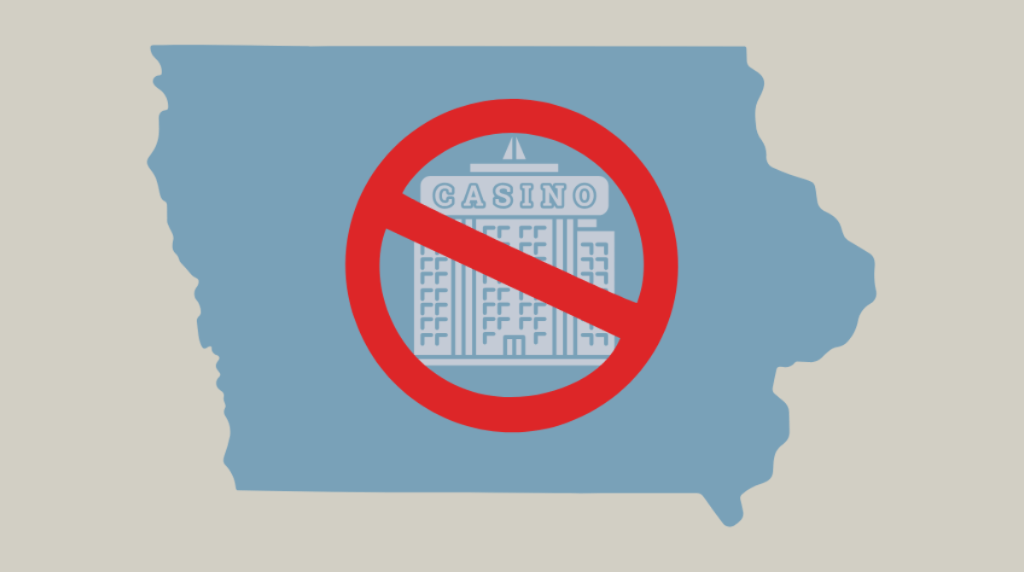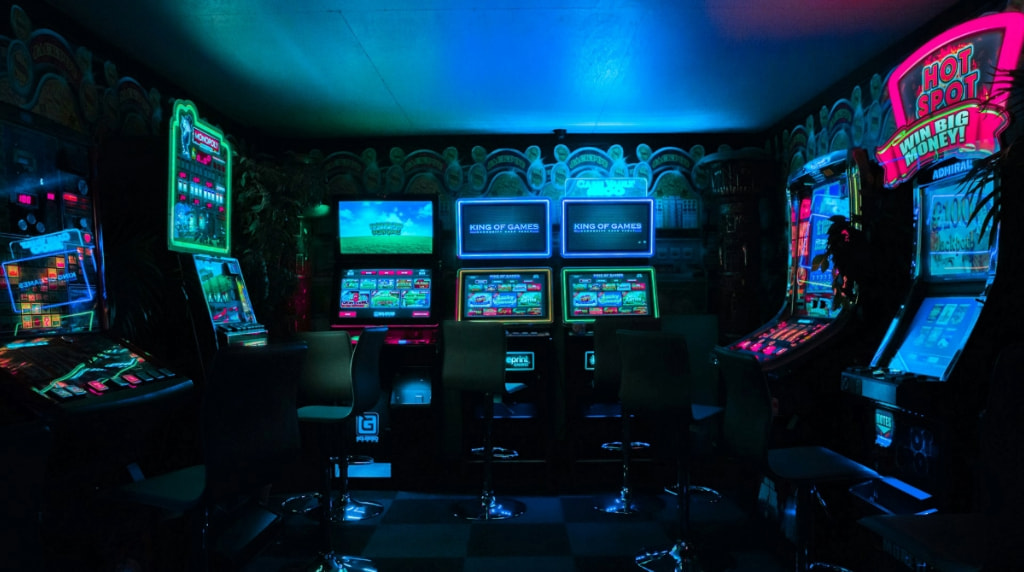Iowa Law Prohibits New Casinos in the State for the Next 5 Years
A new bill passed by the Iowa House of Representatives has dealt a major blow to the proposed Cedar Rapids casino, significantly impacting the future of gambling expansion in the state.

Iowa has passed a law prohibiting casinos for 5 years.
Key Facts:
- Lawmakers voted 68-31 on Thursday to impose a five-year freeze on issuing new casino licenses in Iowa
- Law halts any progress on the Cedar Rapids casino project.
- Future of Iowa casino gaming in doubt for next half-decade.
The bill was expedited to prevent the Iowa Racing and Gaming Commission (IRGC) from considering a casino license for Linn County. A vote on the Cedar Rapids proposal had been expected on February 6, but that will not happen in light of the new law.
I think the studies show significant cannibalism is very real, and I do believe we are in the correct purview to tell the Iowa Racing and Gaming Commission how they should make major decisions– Rep. Bobby Kaufmann
.
The proposed casino has drawn strong opposition from existing gambling operators, including Diamond Jo Casino in Dubuque and Q Casino. Leaders at Q Casino pointed to findings from the Linn County Gaming Association that projected major financial losses for established casinos due to increased competition.
While Dixon remained hopeful that quality service would help retain customers, Diamond Jo representatives were less confident. They warned that a new competitor in Cedar Rapids could destabilize the gambling landscape, disrupting the carefully balanced market in Iowa.
Local Support for the Cedar Rapids Project
The Cedar Rapids project still boasts strong backing from local business leaders and labor unions. Advocates argue that a new casino would bring much-needed economic growth, increase tax revenue, and create jobs.
The Cedar Rapids Metro Economic Alliance believes that additional consumers and visitors would benefit surrounding businesses and stimulate the local economy.
One lawmaker has pushed back against legislative interference, arguing that competition would strengthen the market by encouraging innovation and providing consumers with more choices.
That man is Iowa Representative Sami Scheetz, a Democrat from Cedar Rapids, who has been vocal about the potential benefits, citing projections that estimate the new casino could generate $60 million in annual gaming revenue.
As the bill progresses, lawmakers remain divided over the balance between protecting Iowa’s current gambling market and fostering new economic opportunities. The legislation now awaits Senate debate and Governor Kim Reynolds’ approval. If signed into law before February 6, the Cedar Rapids casino project will be shelved indefinitely.
Iowa has 23 casinos, four owned and operated by state native tribal nations. The state also has online sports betting and a state lottery. The legislature has yet to debate the merits of online casino gaming, but advocates in both parties have mentioned the issue. Either a new gaming law would need to be passed for that to happen, or voters would need to amend the state constitution.




